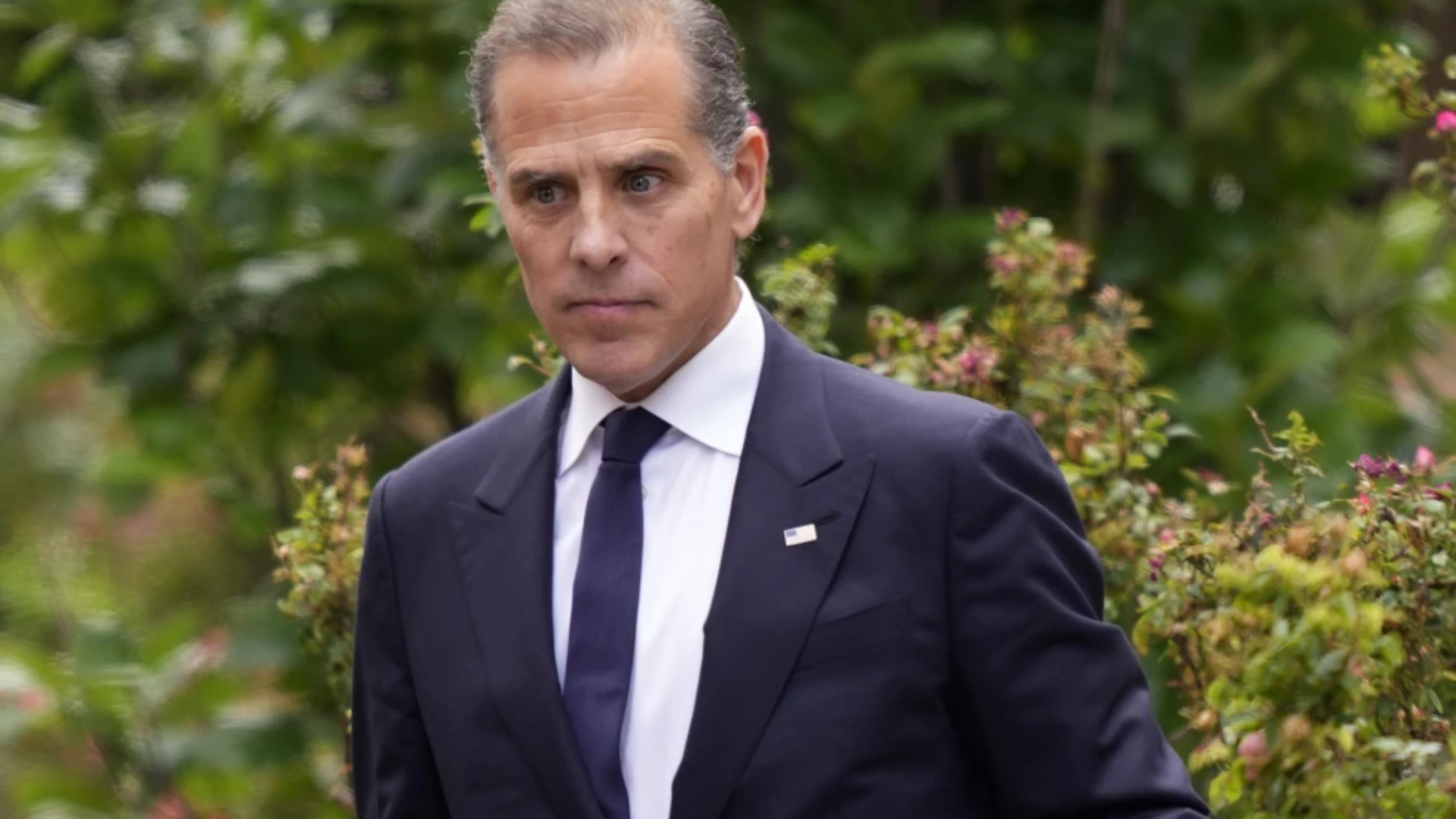
(CNN) — Say hello to your little felt friends.
There’s Kermit the Frog, looking assertive and fun-loving with a director’s bullhorn in his, uh, hand. Not far away is Miss Piggy, ravishingly dressed in her outfit for “Muppet Treasure Island.”
You probably saw Big Bird as you entered, accompanied by “Sesame Street” colleagues Bert and Ernie, Elmo, Grover, Oscar and Sherlock Hemlock.
And — oh! — there’s Fozzie Bear (wocka wocka wocka!), Dr. Teeth, four of the Seven Deadly Sins and many other Muppet characters, including stars of “The Dark Crystal,” “Labyrinth” and “Fraggle Rock.”
They’ve all come to live at the new Worlds of Puppetry Museum, opening Saturday at Atlanta’s Center for Puppetry Arts. And “live” isn’t a casual word: Though they’re captured in single poses, it’s almost as if you can hear the Muppets provide their own guided tour.
That these felt-foam-and-wire figures seem to speak is a tribute to the genius of Henson and his collaborators, says Henson’s daughter Cheryl.
“This is a celebration of creativity,” said Cheryl Henson, now the president of the Jim Henson Foundation. “It’s not just one man. He collaborated with so many creative people. He really appreciated what they brought to the mix.”
Even in the beginning, the Muppets were more than Henson’s vision. Cheryl Henson gives a great deal of credit to her mother, Jane, a trained art teacher and “wacky” woman who met Jim Henson in a puppetry class at the University of Maryland. Her knockabout humor was a key part to the Muppets’ development.
Others, including puppeteer Frank Oz, writer Jerry Juhl and technical wizard Faz Fazakas, added their own personalities.
The Muppet offices, for a time located on New York’s Upper East Side, were like a playground, recalls Bonnie Erickson, who designed and built Miss Piggy, Zoot and Waldorf and Statler, among others. She joined Henson’s merry band in 1970 and stayed through the early years of “The Muppet Show.”
“A lot of this was playing,” said Erickson, now the executive director of The Jim Henson Legacy. “We loved to come to work.”
It could be like Santa’s Workshop, she says: In the “creature shop,” which has been somewhat recreated in the Muppet wing (though far more neatly), the group kept mice that would run through Slinkys.
The exhibit also features a recreation of Henson’s office and takes care to honor his experimental side. Though it’s been forgotten amid “Sesame Street” and the family-friendly Muppet shows, Henson helped produce some offbeat works, including an “NBC Experiment in Television” movie called “The Cube” and the cult favorite film “The Dark Crystal.”
It’s natural that the Center for Puppetry Arts should provide a home for the Muppets. In 1978, Henson and Kermit cut the ribbon for its opening.
Over the years, the puppeteer and his family stayed involved, returning for performances, funding new work and, in 2007, donating more than 500 puppets to the center.
Outside the center, the Muppets remain a going concern. You can see them on “Sesame Street” and in movies, and several are now stars of an ABC series, “The Muppets.” Disney purchased the rights to some of the characters in 2004, while Sesame Workshop owns the rights to the “Sesame Street” characters.
Henson died in 1990, but he lives on at the center, says Cheryl Henson.
“How do you keep a legacy alive? You share it. And here we are trying to share who my father was with the world,” she said. “There was a deep sense of caring in my dad’s world. We want to celebrate that.”
The-CNN-Wire ™ & © 2015 Cable News Network, Inc., a Time Warner Company. All rights reserved. (PHOTO: Flickr/Michelle O’Connell)





















